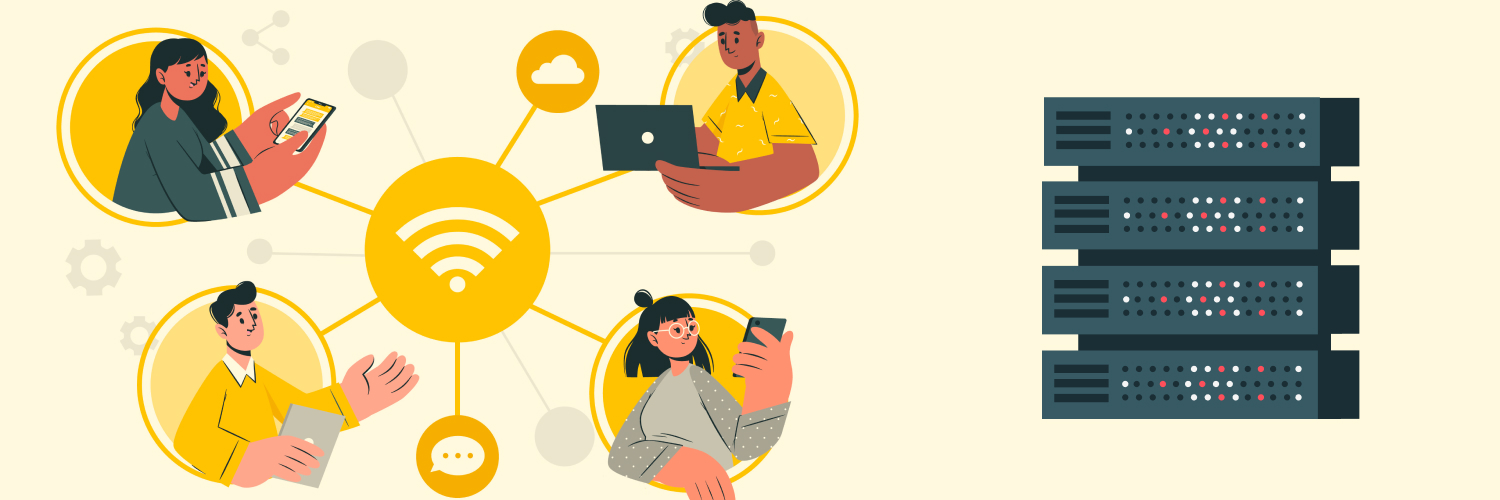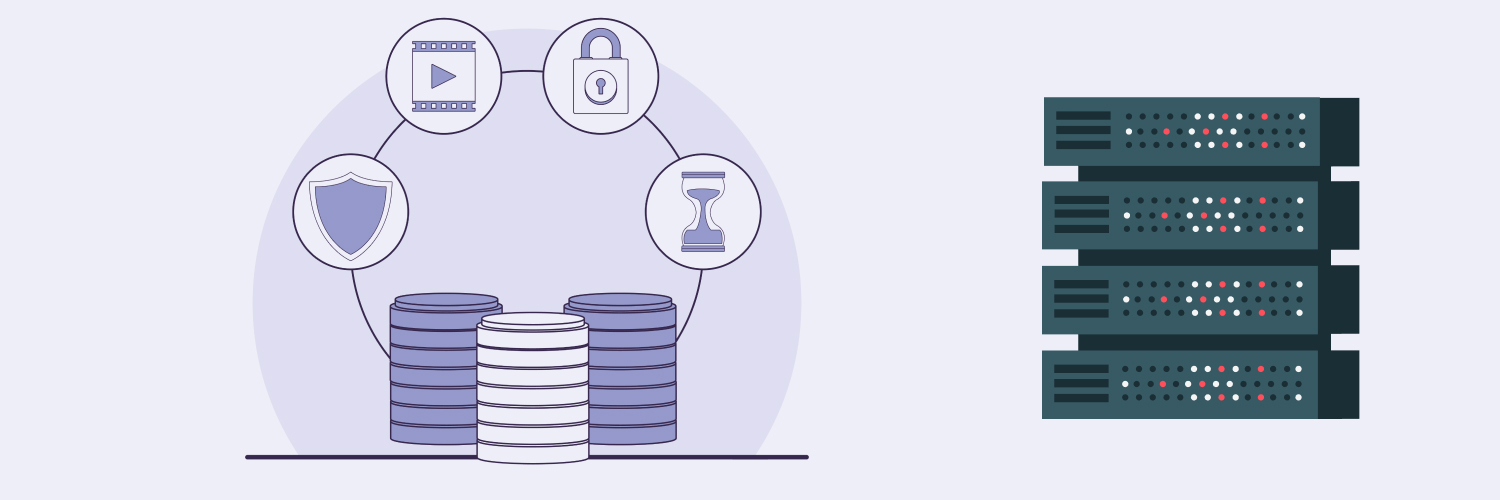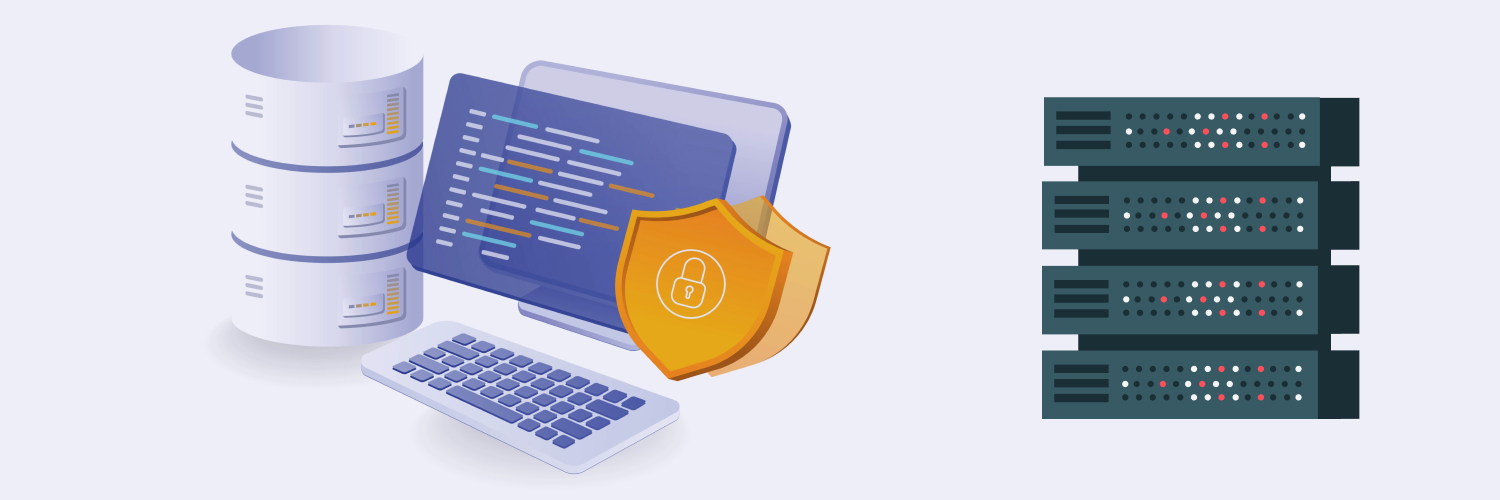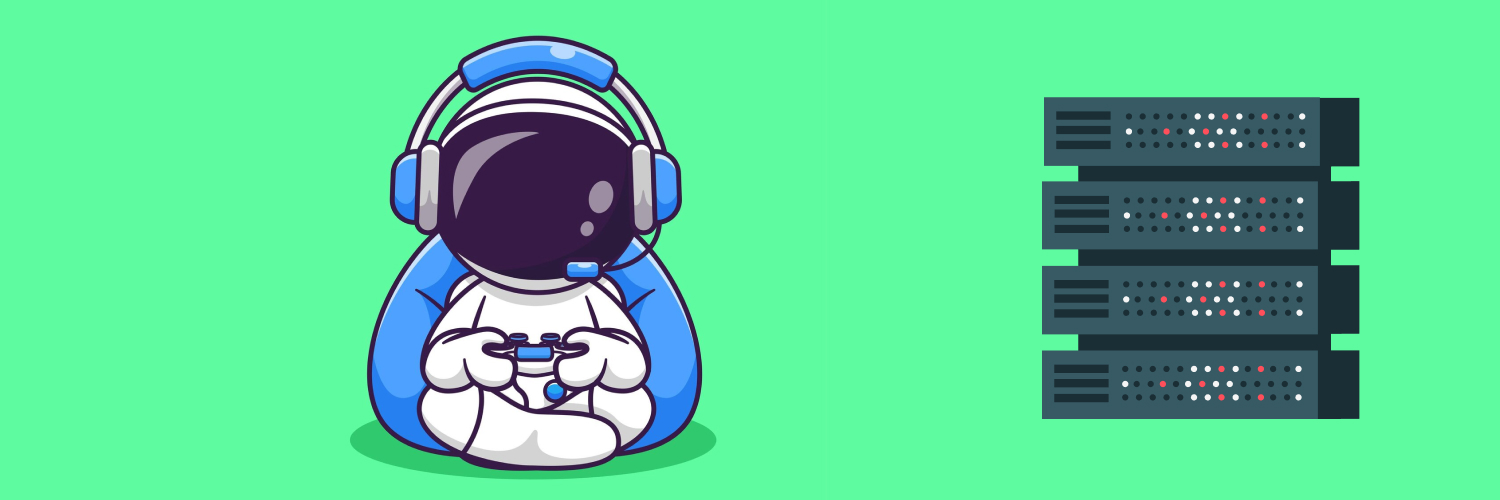The Ultimate Guide to Perform Ethical Google Scraping Without Getting Blocked
While it’s no doubt that web scraping is the future of data science and analytics, the quality and legality of the data you obtain depend primarily on how and from where you get it. Google search scraping is an option that sits in the gray area for most data scientists. It’s a process that’s becoming increasingly popular among modern businesses, especially in the marketing landscape, given the sheer volume of data readily available through the web’s largest search engine.
Google scraping allows us to gain insights into consumer behavior and market trends and perform competitive analysis. However, certain challenges present themselves when scraping data from Google. One of the most common issues data miners face is getting blocked by Google for suspicion of being spam bots.
This is where Rayobyte can help you effectively and ethically scrape data from Google.
What Is Google Scraping?

Google scraping refers to the practice of using automated software to extract and export large volumes of data from Google’s search results. Typically, you achieve this through specialized algorithms that crawl Google’s pages, read published data and metadata, and collect segments that meet the search criteria.
Scraping data directly from Google can facilitate market research, SEO monitoring, and performing competitive analysis. However, similarly to other types of extracting publicly available data for for-profit purposes, it can be considered unethical and outlawed by Google if it falls under specific exploitative conditions.
In fact, Google has systems to detect and block bots to prevent spam, fake news propagation, and unfair business practices reliant on discrimination.
How does Google scraping work?
Google scraping requires you to use software to automatically extract information from Google’s Search Engine Results Pages (SERPs). The software communicates on your behalf with Google’s servers by sending out query requests.
The second part of the scraping process comes after the Google servers successfully respond to the scraping software’s requests. The scraper bot then uses pre-written code to parse the search page results, distilling the information to extract the data you specified early in the scraping process.
An array of professionals, from SEO specialists and marketers to data scientists and analysts, use Google scraping. The data procured through this method is considered raw and is highly valuable for making data-driven decisions.
However, it’s crucial to mention that the software must avoid causing Google to detect it as a spam bot and block its IP address during querying and scraping. This can negatively impact the data scraping efforts and impair one organization’s access to up-to-date information.
That’s why using professional and trustworthy Google scrapers, alongside various proxies carrying reliable IP addresses, is paramount.
Users can benefit from using highly-specialized web scraping software such as Rayobyte, considering Google scraping is an intricate process. Our web scraping solution employs advanced algorithms to emulate human browsing patterns, effectively evading detection by Google’s anti-bot systems. But we’ll talk about this solution in more detail below.
Google’s Stance on Web Scraping

Different websites often have their own attitudes and policies regarding web scraping. Google isn’t any different. To reliably and continuously scrape data from Google, you’ll need to abide by its rules.
Does Google allow web scraping?
According to its Terms of Service (TOS), Google generally doesn’t allow web scraping to avoid the risk of spam inflating search numbers and click-through rates. However, Google offers its API, a programmatic interface to the Google Cloud Platform services, to scrape its SERPs.
According to US laws and regulations, scraping publicly available online data isn’t a violation of any law per se. However, how that data is collected and later used must not cause harm to individuals or the source of the data. This includes not using invasive scraping techniques that place an undue burden on a platform’s servers or infringe on the privacy of its users and employees.
Scraping large amounts of data in a short period could cause the target website to mistake the scrapers for a Denial of Service (DoS) attack and respond accordingly, halting business operations and deploying anti-attack resources.
Another harmful side effect of unregulated scraping would be taking away server space and resources for actual human visitors to the site. If the bot scrapers overwhelm the servers, individual visitors may experience lagging, slow loading times, or even an inability to access the website or its services.
Google’s terms and conditions
Google’s terms and conditions clearly prohibit scraping their services, including search results. Violating these terms may lead to Google services blocking your IP address. However, Google does allow for some scraping, provided you do it in a way that respects its ToS, as well as the privacy and rights of others.
By creating a Google account, you as a user agree to Google’s right to suspend or terminate your access to their services or delete your account if they believe your behavior “causes harm or liability to a user, third party, or Google — for example, by hacking, phishing, harassing, spamming, misleading others, or scraping content that doesn’t belong to you.”
The thin line
There’s a thin line between acceptable and ethical web scraping and activities that might get your IP address permanently blocked. To stay on the right side when Google scraping, follow responsible and respectful scraping practices, such as limiting the rate of your requests and not scraping sensitive or private information.
The line can vary depending on the websites you scrape and what they consider to be causing harm to their servers and user experience. That’s why it’s important to use a scraper tool that engages in ethical scraping, respecting the boundaries set by the target websites and platforms.
The Repercussions of Unethical Web Scraping

Violating Google ToS and the terms and conditions of any website by scraping data you weren’t explicitly allowed to harvest may result in several repercussions. In the least, the website’s servers would block your scraper’s IP address, stopping you from further data harvesting. However, with companies becoming increasingly vigilant in protecting the privacy and security of their online data, they may also take legal measures against repeating scrapers.
One example is the case from 2017, where LinkedIn filed a lawsuit against hiQ Labs after it discovered the company was scraping the platform’s user data to build its database of recruitment services. Later, the court ruled that hiQ Labs had violated LinkedIn User Agreement and the Computer Fraud and Abuse Act.
Furthermore, the scraping of sensitive information has noteworthy privacy implications. The illicit collection and misuse of personal data can lead to identity theft, financial fraud, and other forms of cybercrime. It can also lead to unwanted solicitation or spamming if the data is sold or shared with third parties.
Owning personal user information without consent has serious legal repercussions and could result in hefty fines. As for your business image, being involved in an unethical web scraping scandal can seriously damage your reputation and cost customers to lose trust and confidence in how you could be managing their data and personal information.
In a way, the legality of web scraping relies on the ethical harvesting of the data. But repeated incidents across the industry may spur further regulations and restrictions around data handling and privacy, impacting the overall ease and openness of internet data exchange.
The Applications of Google Scraping

While Google scraping presents a unique set of challenges, its versatility and utility far outweigh these obstacles. From SEO optimization to advanced machine learning applications, the spectrum of use cases for Google scraping is extensive and continues to expand.
Google scraping in SEO analysis and strategy
SEO professionals and marketers often leverage Google search scraping to gain strategic insights and optimize their online presence. Monitoring the fluctuation of keywords enables them to adjust their marketing strategies according to the latest search trends, making them more relevant and thereby improving the visibility and reach of their brand.
Back-link tracking is another crucial aspect of SEO that Google scraping can facilitate. Understanding the source and quality of back-links to websites helps businesses identify potential partnerships or problems, informing strategies for improvement.
Market research and competitive analysis using Google scraping
In the fast-paced world of business and marketing, staying one step ahead of the competition is crucial. Google search scraping can give organizations the edge they need. By harvesting Google data, decision-makers can keep their fingers on the pulse of market trends, consumer behavior, and competitor activities.
Using Google scraping, businesses can identify trending products or services, changes in consumer preferences, and shifts in the market landscape. This knowledge can enable them to stay relevant and responsive to market changes.
Understanding competitor activities is another significant advantage that Google scraping provides. Businesses can monitor competitor websites, track their keyword strategy, and analyze their content.
Enhancing machine learning and AI development with scraped data
Data is the fuel that drives machine learning models and AI systems. Google, the world’s largest search engine, is a treasure trove of data. Google scraping provides a mechanism to access this data on a large scale, making it an invaluable tool for machine learning and AI developers.
Whether training an algorithm for natural language processing, conducting sentiment analysis on customer reviews, or developing pattern recognition capabilities, the extensive data available through Google scraping can offer the depth and breadth required for these applications.
Google Map scraping
Google Maps scraping involves extracting valuable data, such as business listings, reviews, ratings, and geographical coordinates, from Google Maps listings. This process can aid businesses in many ways, like understanding customer sentiment, discovering local competition, or optimizing logistical strategies. It can even gather real estate and property listings for targeted marketing.
How to Scrape Google Search Results Without Getting Blocked

Scraping Google search results is still an entirely possible and useful approach to collecting data for various fields. There are, however, several considerations you should keep in mind.
Navigate the intricacies of Google’s anti-bot measures
The intricate labyrinth of Google’s anti-bot measures presents a multifaceted challenge for those who attempt to scrape its public search results. Google uses complex algorithms and mechanisms to detect, discourage, and halt bots that overstep their bounds. These measures aim to safeguard the integrity and performance of the platform, which, understandably, is not tailored for massive data retrieval by individual users or entities.
Such rules are constantly changing depending on what Google sees fit. This is where Rayobyte can be indispensable. At Rayobyte, we’ve crafted our scraping solution with an understanding of Google’s anti-bot measures by employing an innovative blend of strategies to evade detection. Our strategies revolve around simulating human-like browsing behavior and randomizing requests to bypass these strict measures.
However, Google might still block the IP address of a scraper that was operating ethically. This is where proxies come into play. At Rayobyte, we employ proxies in our scraping process, constantly rotating their IP addresses to minimize the chances of being blocked. Also, if Google servers ban one IP address, our scraping bot immediately switches to another available IP address.
Follow ethical standards in data scraping
Even amidst the digital gold rush for raw data, ethical considerations should not fall to the side in favor of speed and volume. It’s critical to conduct data scraping responsibly and respectfully. Beyond the technical limitations and anti-bot measures imposed by Google, ethical scraping also pertains to maintaining a respectful approach toward the privacy of individuals and organizations.
Data scraping should never be an intrusive process that compromises the rights of internet users. The principle of least privilege should guide scraping activities, meaning you should only access and use the necessary data for legitimate purposes. As a data scientist or an organization, your data-gathering process should not cause undue strain on Google’s servers, nor should it intrude upon anyone’s digital privacy.
Use a toolbox of effective strategies
There’s no one-size-fits-all solution to Google scraping. Instead, you may want to use a toolbox of strategies to reduce the likelihood of Google detecting and blocking you. At the heart of these strategies lie Rayobyte’s solutions, from our reliable proxy servers to our scraping bot.
Rayobyte’s advanced algorithms mimic the browsing habits of a human user. By varying the frequency and timing of requests, employing random intervals between queries, rotating user agents, and using a pool of diversified IP addresses, Rayobyte makes scraping activities blend seamlessly with organic human traffic. This intricate dance of techniques helps to maintain the authenticity of the data-gathering process, ensuring it is perceived less like a robot and more like an everyday user engaged in normal browsing activities.
Additionally, Rayobyte uses a variety of legitimate IP addresses for Google scraping. For instance, our residential proxies carry the IP addresses of past homeowners, making them less likely to get targeted and banned by Google servers during scraping.
Be transparent and respectful of user privacy
Transparency in web scraping revolves around being open about your intentions, not masking the activity. By being transparent, web scrapers can foster trust and mutual understanding between themselves and the websites they interact with.
Scrapers must ensure their data use aligns with privacy laws and regulations and does not compromise the subjects’ interests or rights, even when handling public data. This involves adhering strictly to the purpose for which scrapers obtained the data, maintaining safe storage practices to prevent unauthorized access, and ensuring the accuracy and integrity of data.
Again, it is essential to remember that some websites explicitly forbid web scraping in their terms of service, and continuing to scrape such websites can result in legal consequences.
Leveraging Rayobyte for Effective Google Scraping

Rayobyte ensures efficient, ethical, and robust extraction of extensive data sets from Google’s search results, transforming demanding data collection into a seamless process. This is because our tools support various languages for scraping, ranging from Python and Java to Node.js and Perl.
Additionally, the sophisticated algorithms significantly reduce the risk of triggering Google’s anti-bot measures, ensuring uninterrupted data extraction. Rayobyte is designed with user experience in mind, offering an interface that balances simplicity with functionality. This makes setting up and managing scraping projects a breeze, regardless of the user’s technical expertise.
Furthermore, the capabilities of Rayobyte transcend Google SERP scraping. Rayobyte extends its powers to cover a broad spectrum of data extraction tasks, including Google map scraping and Google sheet web scraping.
How to Extract Web Content With Rayobyte

We’ve created Rayobyte scraper and proxies to be easy to use and accessible to a large audience. While knowledge of programming languages is needed, our tools and resources greatly simplify and automate parts of the scraping process.
Follow the below steps to start scraping Google search results using Rayobyte’s proxies and scraping bot.
1. Tool setup and installation
Set up Rayobyte by subscribing or starting a free trial with our Scraping Robot. We built this tool for developers looking to simplify their scraping processes, making it easy to use, download, and install. Better yet, the first 5,000 scrapes per month are completely free.
Our Scraping Robot provides a clean and organized work surface. It handles all the intricacies of scraping, including proxy management and rotation, server management, browser scalability, and more. Thus, you can save valuable time and resources to spend on other business-critical operations.
But if you prefer to take a more Do-It-Yourself approach to the scraping process, our proxy solutions are fully compatible with various open-source and free-to-use data scrapers. At Rayobyte, we offer four types of proxies:
- Data center proxies
- Residential proxies
- ISP proxies
- Mobile proxies
- Rotating ISP proxies
Available in over 20 countries and hundreds of thousands of unique IP addresses, our proxies are API-compatible and allow for unlimited bandwidth and connections. Depending on the data type you’re looking to scrape, you can opt between the data center and residential proxies to ISP, Mobile, and Rotating ISP proxies.
Our proxies ensure minimum downtime and high availability, with a throughput of around 25 petabytes of data per month. We use proxies with valid IP addresses to minimize the chances of server bans.
2. Configure your scraper and proxies
You need to configure your proxies depending on your organization’s technology and operating system. When using a browser, whether Edge, Firefox, or Chrome, ensure you configure each browser to detect and accept Rayobyte’s proxies.
3. Define your target and extraction rules
Next, you need to define the URLs you’re looking to scrape and the type and category of data you want to extract. In the case of scraping Google SERPs, it’ll be: “https://www.google.com/search?q=” followed by your search query.
4. Run the Rayobyte Scraper
The rest is automated. Once you start the scraping process, Rayobyte will extract the data according to your settings and extraction rules. It’ll rotate between proxy IP addresses and send query requests to Google servers.
Each request typically takes 2 to 3 seconds to complete, depending on the target servers. Depending on the amount of data you need for your project, you may need to perform anywhere from 5,000 to over 500,000 requests.
5. Export your data
After the scrape is complete, you can easily export your data into your desired format, such as CVS or JSON.
6. Analyze your data
Once you obtain your data, it’s in its raw form and cannot produce insights or information as it is. You must clean, process, and analyze it to gain useful insights. Specialized data analysis tools or free libraries available in Python or R can help you do so.
Take Advantage of Google Data Without Getting Blocked

Rayobyte’s scraping bot and various proxy types are the optimal solutions for effectively and ethically scraping Google search data. We not only simplify the web scraping process, making it more accessible, but at Rayobyte, we’re committed to ethical web scraping practices, respecting the privacy of individuals and organizations, and complying with Google’s terms of service.
Embrace ethical and efficient Google scraping practices and sign up for Rayobyte scraper and proxies today to unlock the power of data.
The information contained within this article, including information posted by official staff, guest-submitted material, message board postings, or other third-party material is presented solely for the purposes of education and furtherance of the knowledge of the reader. All trademarks used in this publication are hereby acknowledged as the property of their respective owners.






